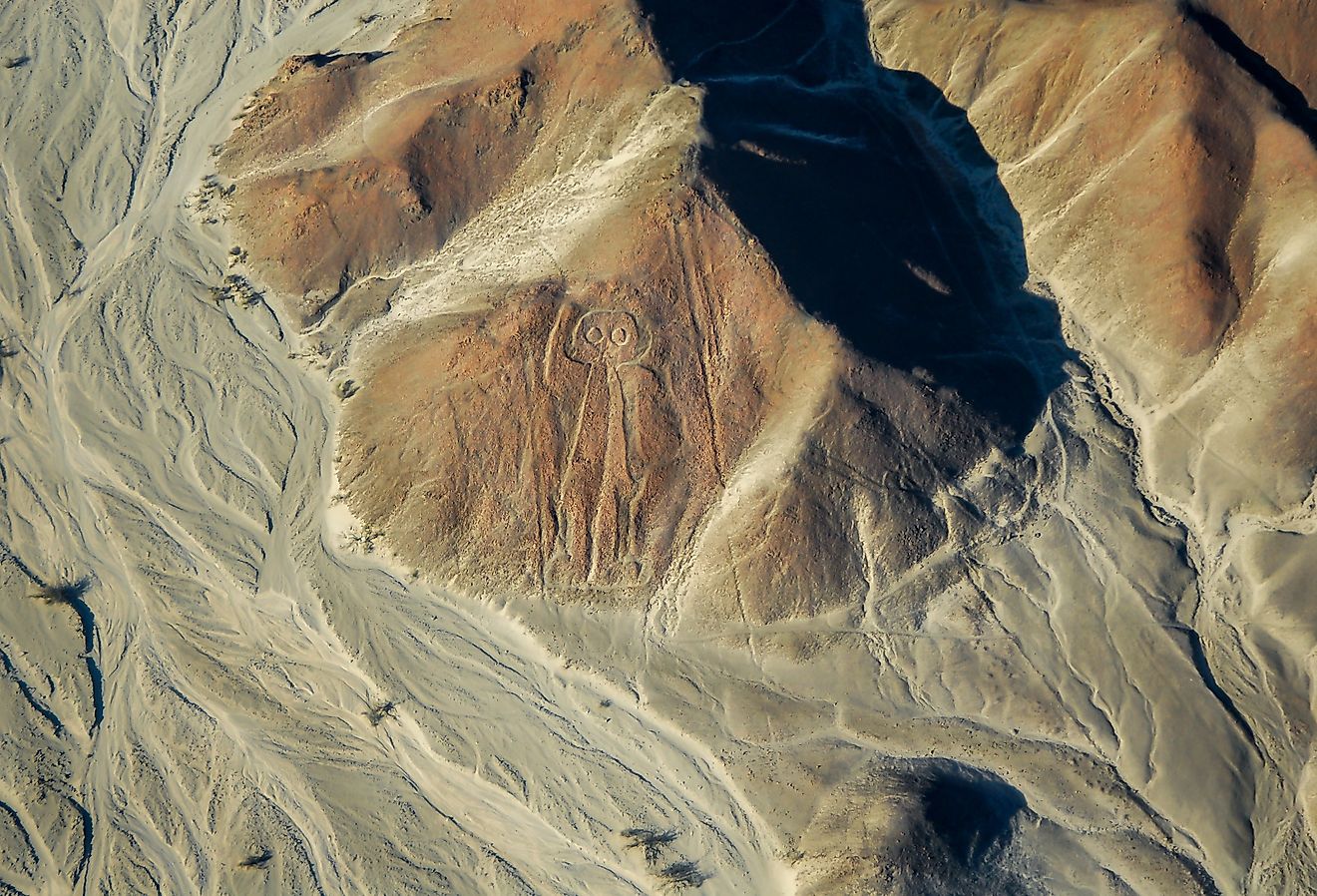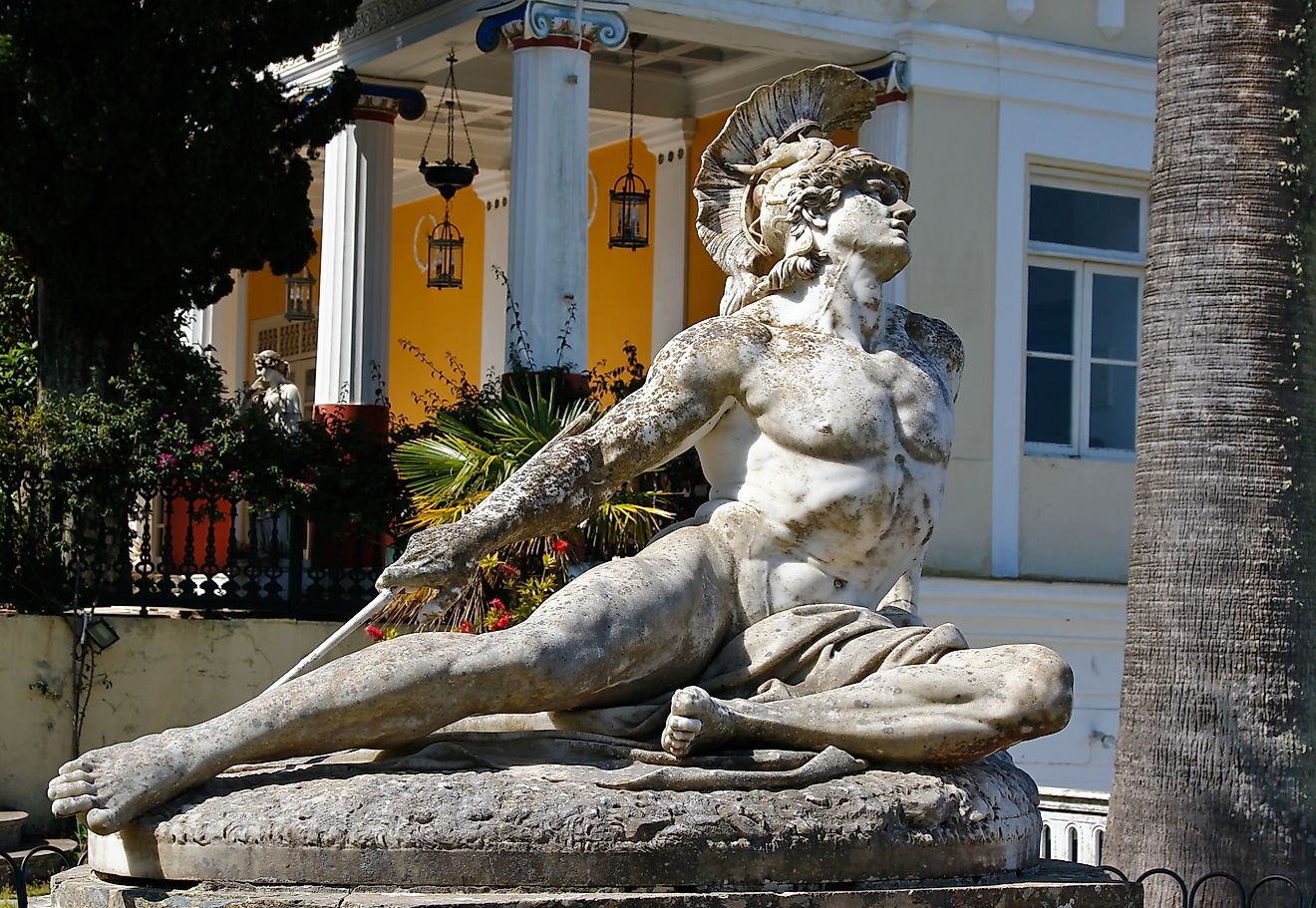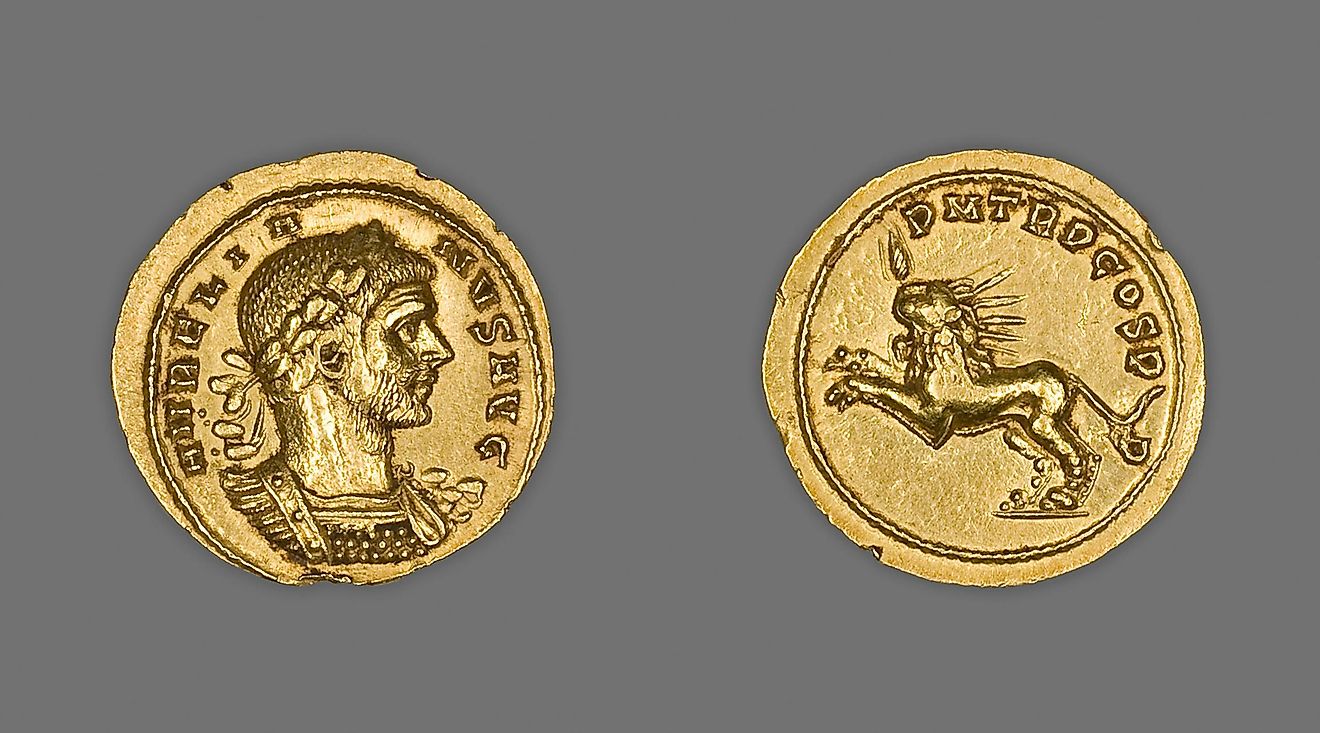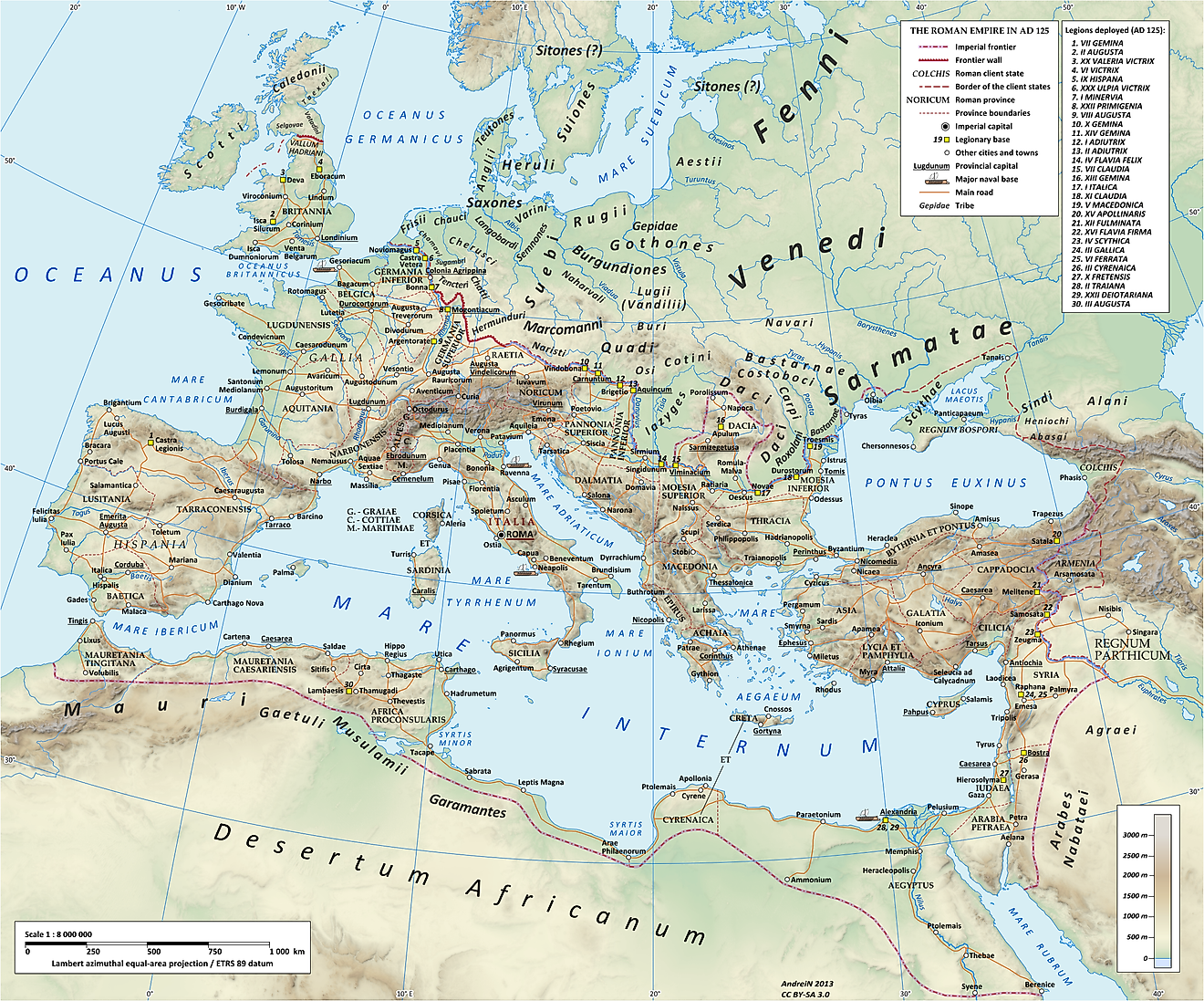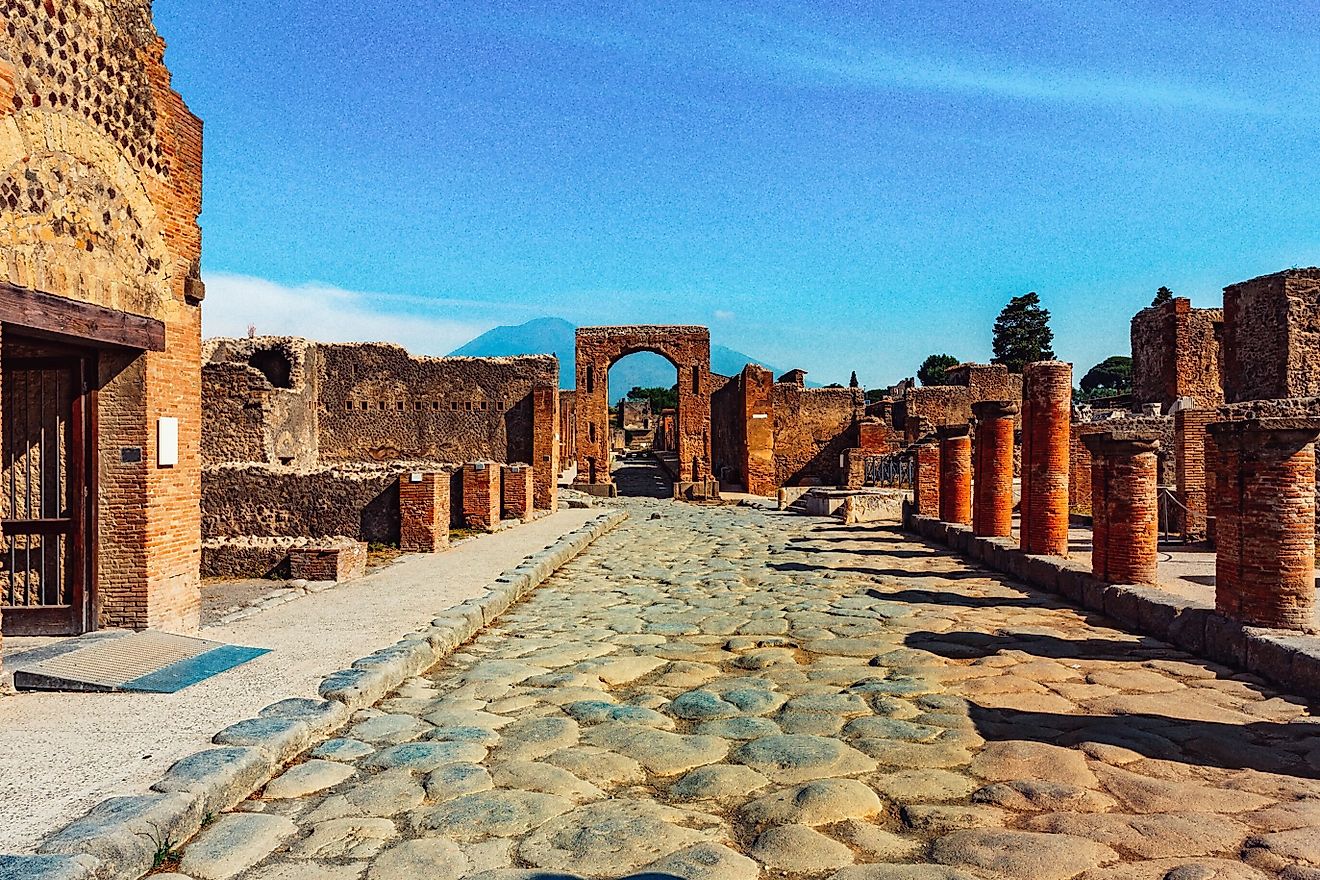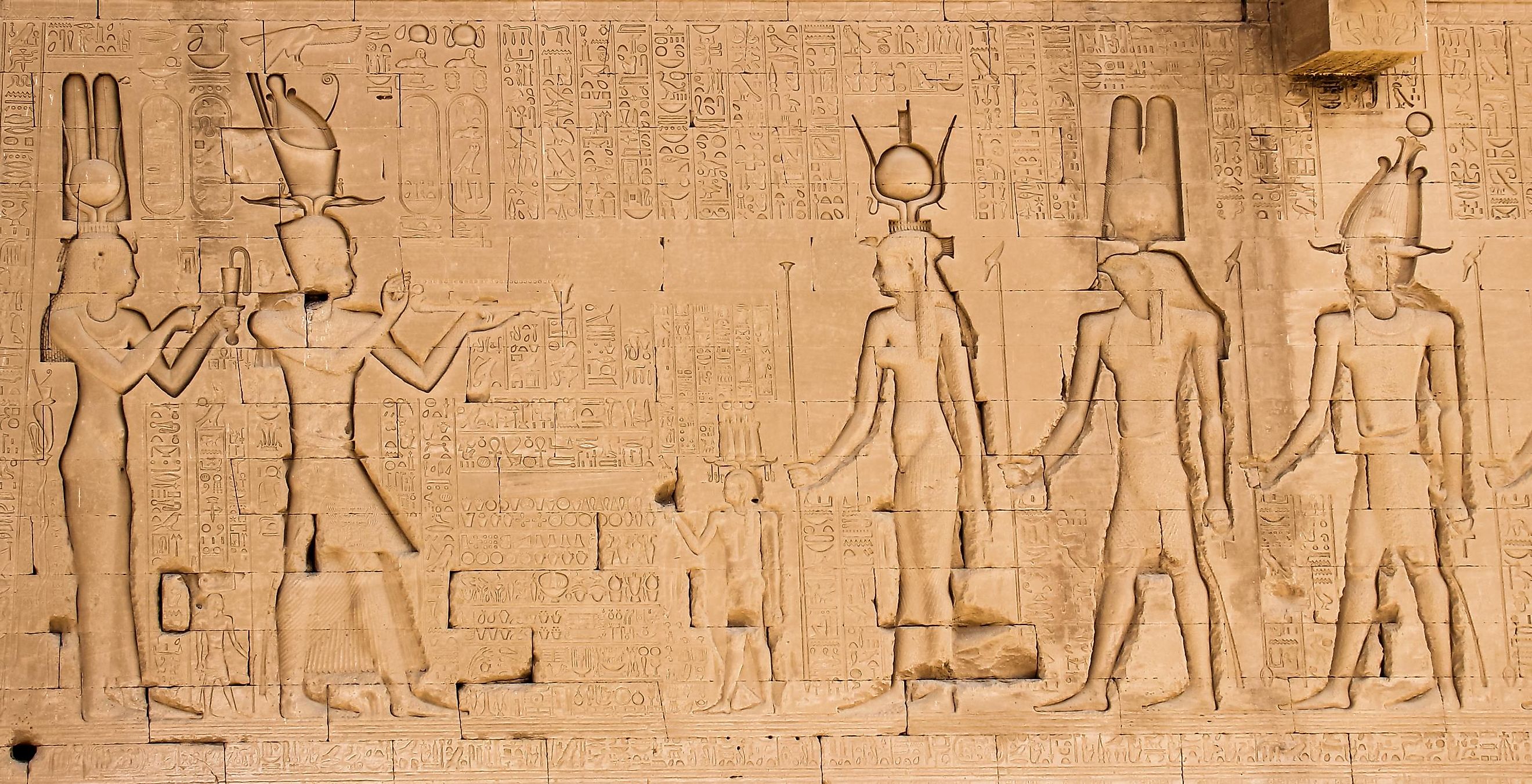
Where is Cleopatra's Tomb?
Cleopatra was a famous queen of Ancient Egypt, popular for her intelligence and charm. She gained power by influencing powerful rulers, particularly from Rome. This ancient queen died at the young age of 39, alongside her lover Mark Antony. To date, no one knows the location of the tomb where this couple lay. While the majority agree it is in Egypt, the exact location has been a mystery. In recent years, news about the tomb's discovery has shaken the world of archaeology, and many are optimistic that the long search may finally be over.
The Life of Cleopatra
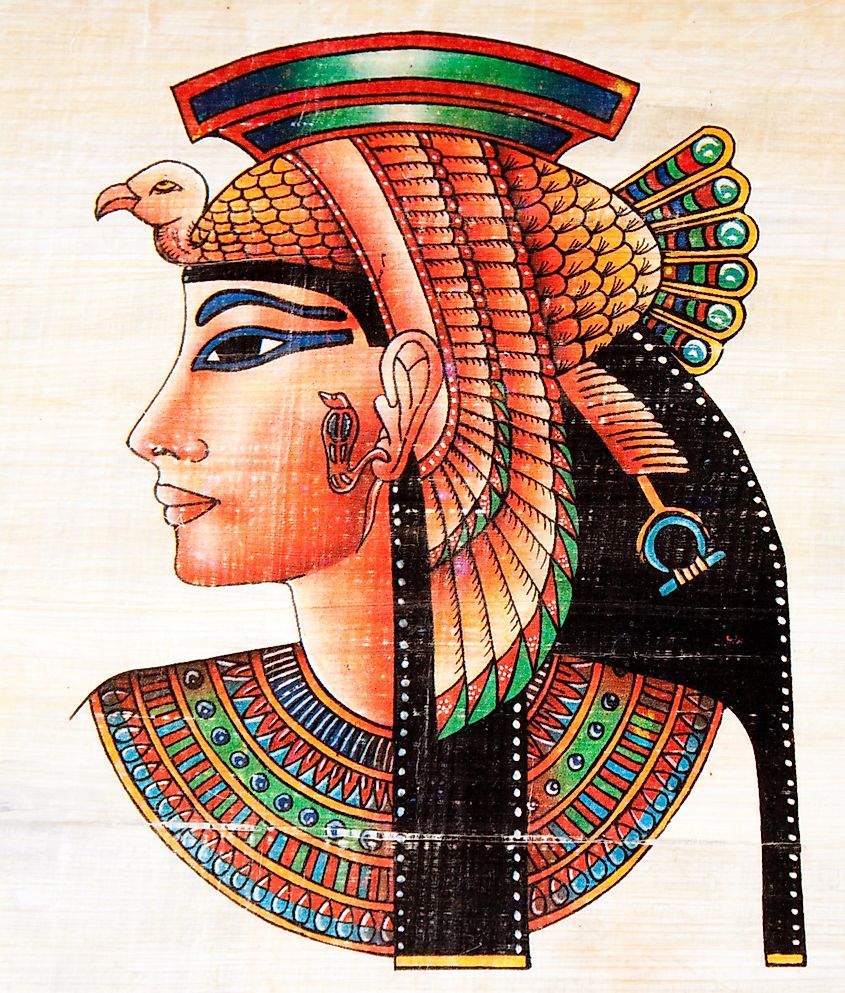
Cleopatra VII Thea Philopator was an Egyptian Queen who ruled in the Ptolemaic Dynasty founded by Ptolemy I Soter - one of the generals of Alexander the Great. The dynasty reigned the longest in Ancient Egypt and fell after Cleopatra's death. Cleopatra was born in 69 BCE to King Ptolemy XII Auletes, a descendant of Ptolemy I Soter. Growing up, she studied under the best tutors and is even said to have studied at the Library of Alexandria - the most famous library of the Ancient World. The young princess could speak up to several languages including Greek, Egyptian, Arabic, Hebrew, the Syrian language, among others.
Around 51 BCE, after her father's death, Cleopatra and her young brother Ptolemy XIII got married and became the joint rulers of Egypt. Cleopatra attempted to become the dominant ruler but before she could rally powerful allies, her brother Ptolemy XIII and his allies forced her out of Egypt to Syria. Cleopatra amassed an army of mercenaries the following year and marched to face her brother’s forces. Julius Caesar intervened to help her win the war at the height of the sibling rivalry. Afterward, Cleopatra and the Roman general became lovers. She even bore a son who was believed to be Caesar’s child. Shortly after, Caesar was murdered, and Mark Antony - one of the ruling generals in Rome, also fell in love with Cleopatra. Together, they bore three children, and Antony soon began to help Cleopatra expand her territories. He eventually left to be with Cleopatra in Alexandria. This infuriated Octavian, who accused Antony of enriching a foreign queen at the expense of Rome. Octavian eventually succeeded in convincing the Roman Senate to strip Mark Antony of all his titles and declare war on Cleopatra.
The Death of Cleopatra
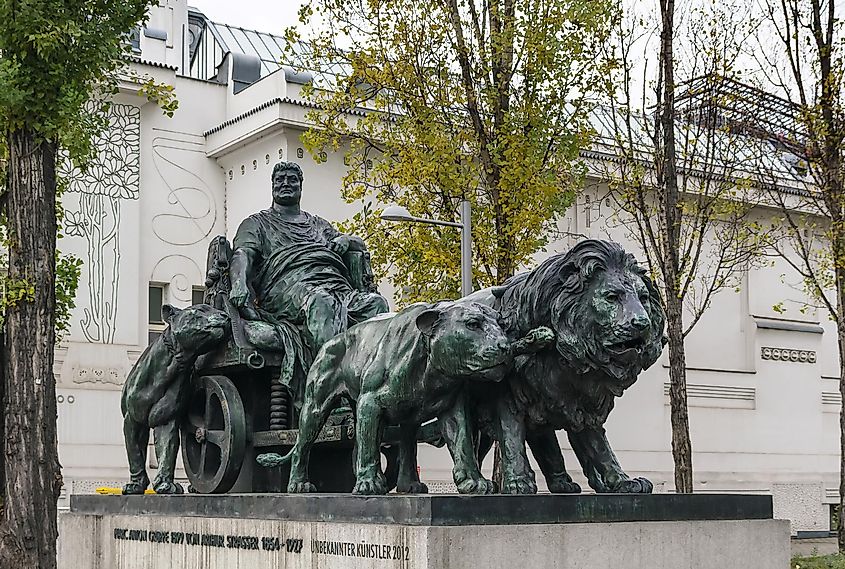
In 31 BCE, Octavian defeated the forces of Cleopatra and Mark Antony at the Battle of Actium, forcing the Queen and her lover to flee to Alexandria. Octavian then marched to Alexandria to take it. Seeing the impending defeat and not wanting to be paraded in Rome by Octavian, Cleopatra hid in her newly built tomb. She sent a message to Antony, informing him that she had committed suicide. This was not true, as Cleopatra was still alive. After receiving the news, Antony fell on his sword and was taken to the tomb of Cleopatra, where he was embalmed and buried by the Egyptian Queen.
In August, 30 BCE, Cleopatra committed suicide and was buried alongside Mark Antony. Two of her servants also died with her and these events marked the end of the Ptolemaic Dynasty of Egypt as well as the end of the Roman Republic. The Roman Empire was born shortly after, and Octavian (later known as Augustus) became emperor.
The Search For Cleopatra’s Tomb
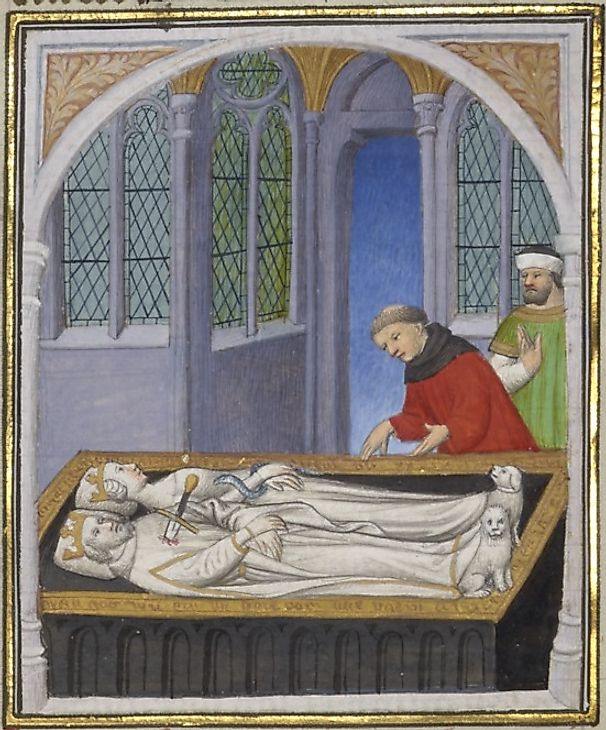
The events surrounding Cleopatra’s death are widely known. Many believe she died from the bite of a poisonous snake and that the death occurred sometime between August 10 and 12, 30 BCE. There’s one thing, however, that remains a mystery about the queen’s death, and that’s the location of her tomb.
For years, this quest has inspired archaeologists and tomb raiders alike. Many believe that Cleopatra’s tomb might be in ancient Alexandria, home to her palace. However, a large part of the city is under the Mediterranean Sea, including Cleopatra's palace. This would mean that the remains of the queen and her Roman lover are submerged somewhere underwater.
Some, however, do not buy this idea and have instead opted to search for the tomb elsewhere by following clues left by the queen. Kathleen Martinez might soon make history with the tomb’s discovery. A lawyer turned archaeologist, Kathleen has dedicated her life to finding the tomb of the ancient queen. According to Kathleen, the tomb of Cleopatra is not in Alexandria but about 18 miles away in Taposiris Magna - a temple dedicated to Osiris. This belief is attributed to Cleopatra holding the goddess Isis in high esteem during her lifetime. The Egyptian queen is said to have worn the attires of the goddess Isis at important events and also proclaimed herself to be the incarnation of the goddess. Isis was the wife of the god Osiris. Perhaps Cleopatra wanted to be buried alongside Antony in the temple of Osiris as she believed it would enable them to be together in the afterlife.
Since the early 2000s, excavations led by Kathleen around this temple have led to the discoveries of several mummies and coins said to bear images of Cleopatra, among other things. In early November 2022, Kathleen and her team discovered a massive tunnel underneath the temple in the Taposiris Magna area. The tunnel is about a mile long and 43 feet tall, and many believe it could lead to the tomb that houses the remains of Cleopatra and Mark Antony. For now, nothing spectacular has been found in the tunnel or perhaps it has not been revealed to the public. However, excavations are ongoing and the long-lost tomb might soon be discovered.
Cleopatra remains one of the most famous rulers in history. For generations, the tomb of this queen has been sought after by experts, but to date, it remains hidden. Nevertheless, hopes are still alive, and while the queen’s tomb may forever remain a mystery, many exciting things from the ancient Egyptian world are being discovered in the course of the search, like statues, jewelry, a mummy with a golden tongue, and pottery.

